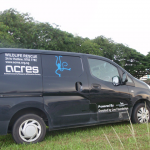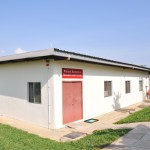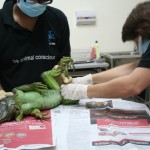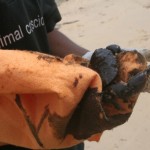If you come across a native wild animal in Singapore please, in most instances, leave him/her where he/she is. Never pick up a healthy young wild animal, even if he/she looks alone and lost. In the vast majority of cases, the parents are never far away. Removing wild animals from their natural habitat is a criminal offence for the majority of species in Singapore.
However, there are some occasions when a wild animal may need human assistance. If you find a wild animal who is obviously in distress or severely injured, you can call the ACRES Wildlife Rescue Hotline on 97837782 for advice and assistance, and we will quickly be on our way to help the animal.
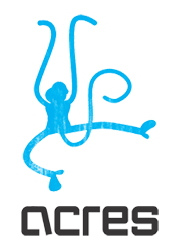


 break;
break;
break;
break;
